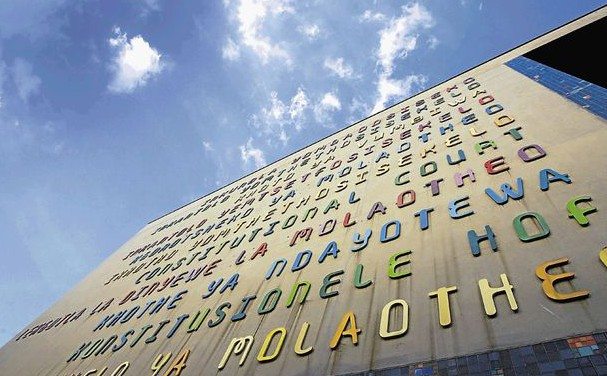
LEGAL experts have warned that amendments to the Minerals & Petroleum Resources Development Act – crucial for regulatory certainty in South Africa’s mining industry – are still not aligned with the Constitution, which could delay its passing into law further, writes Liesl Peyper.
“BACK to the drawing board” was the call from the majority of lawyers who made submissions when the National Council of Provinces (NCOP) held its most recent round of public hearings at the end of June.
The draft Minerals & Petroleum Resources Development Act (MPRDA Bill) has been in limbo since President Jacob Zuma sent it back to Parliament in January 2015, citing constitutional concerns and lack of consultation with communities at provincial level.
During its deliberations, the National Assembly’s portfolio committee on mineral resources did not agree with Zuma’s reservations. The committee then referred the Bill to the NCOP, which facilitated consultations with the public across South Africa’s nine provinces to meet the constitutional obligations for the draft legislation to be signed into law.
At the last round of public hearings a number of legal experts from among others the Chamber of Mines, the Institute of Race Relations (IRR), law firm Webber Wentzel and the Legal Resource Centre argued that the Bill as it currently stands is still in contravention of the Constitution.
In in its submission, the Chamber of Mines said that a clause included in the MPRDA that would elevate the Mining Charter to law would not pass constitutional muster as it offends the separation of powers between the legislature and the minister.
The Chamber also objected to the beneficiation clause in the amended legislation, which would give the Minister of Mineral Resources unfettered powers to restrict the quantity of minerals available for exports. This clause, it argued, is also inconsistent with South Africa’s international trade obligations and would furthermore amount to an expropriation of the mining company’s income, which was the mine’s property – a contravention of the Constitution.
Also in question at the public hearings were the 57 amendments proposed by the Department of Mineral Resources (DMR), which go beyond the Constitutional reservations raised by Zuma.
To a large extent, the DMR’s amendments were suggested to accommodate the petroleum and gas industry, which had made a number of recommendations during negotiations at Operation Phakisa. Most notably, the DMR agreed to reconsider the free carried interest in the MPRDA, which would allow government to levy 20% interest on all new exploration and production rights as well as further participation interest.
The Legal Resource Centre pointed out that the new proposed amendments go beyond the reservations initially raised by Zuma that rendered the consultation process flawed.
The Centre recommended that the MPRDA Bill be scrapped in its entirety and that the drafting process be started afresh to allow for the DMR’s proposed amendments to be included. Advocate Geoff Budlender, acting on behalf of the Offshore Petroleum Association of South Africa (Opasa), presented an opposing view, however.
He argued that the rules of Parliament allow the NCOP to consider amendments proposed by the DMR when such changes are as a result of consultations with stakeholders and that recommendations emanating from a public participation process cannot be ignored.
The stakeholders present at the public hearing agreed on one matter: that the MPRDA impasse has been going on for too long and that the delay in ratifying the legislation is to the detriment of the mining industry, which has suffered severe blows in the past five years as a result of weakening commodity prices, legislative uncertainty and relentless demands from government.











